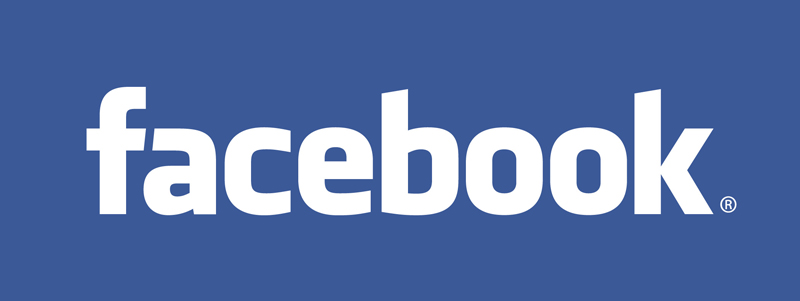83 million Active Facebook Users Aren’t Human
Real Or Not Real?

According to Beta News, roughly 4.8 percent of Facebook’s 955 million Monthly Active Users may have originated from duplicate accounts, with a further 2.4 percent coming from user-misclassified accounts (meaning profiles created instead of pages for businesses or “non-human entities,” like pets), and 1.5 percent from undesirable accounts (meaning spammer accounts, and Aaron Philips accounts).
According to Facebook, while it appears that fake accounts are more of a problem in developing markets, their identification methodology still leaves a lot to be desired:
“These estimates are based on an internal review of a limited sample of accounts and we apply significant judgment in making this determination, such as identifying names that appear to be fake or other behavior that appears inauthentic to the reviewers. As such, our estimation of duplicate or false accounts may not accurately represent the actual number of such accounts. We are continually seeking to improve our ability to identify duplicate or false accounts and estimate the total number of such accounts, and such estimates may be affected by improvements or changes in our methodology.”
Although there isn’t much Facebook can do to prevent people from making accounts for their dogs or phony college students, the news that nearly 10% of its active users aren’t even real people probably won’t bode well with their advertisers. But even then, considering how heavily used Facebook is even in light of some 83 million fake accounts, I doubt we’ll be seeing major ads pulled due to poor traffic. Perhaps the worst outcomes fake accounts present, short of facilitating identity theft in some cases, are those annoying spam bots that post decidedly NSFW links on your wall, or just odd “friends” that you thought you knew from somewhere, but as it turns out, don’t actually exist. But even then, there’s something unsettling about some random person having access to your personal gripes and unadvised drunken statuses.
Perhaps it’s time to go on an unfriending spree after all.
(via Beta News.)
Have a tip we should know? tips@themarysue.com